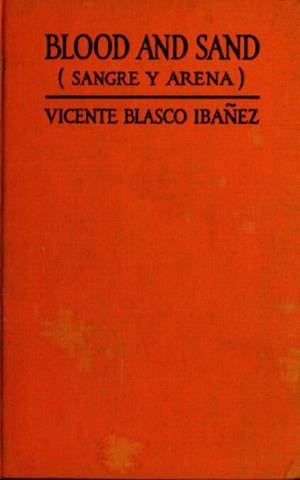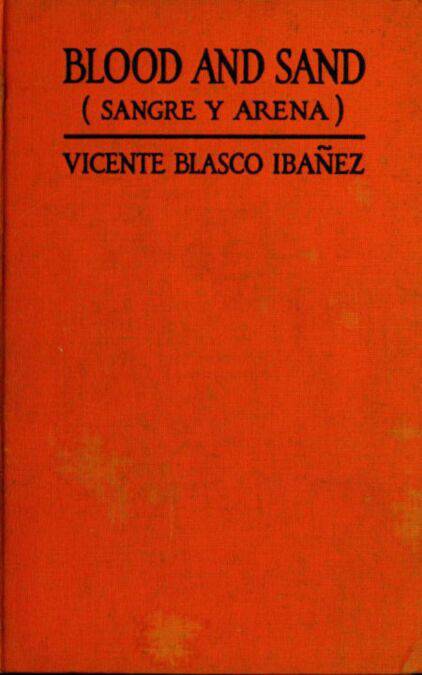
- Afhalen na 1 uur in een winkel met voorraad
- Gratis thuislevering in België vanaf € 30
- Ruim aanbod met 7 miljoen producten
- Afhalen na 1 uur in een winkel met voorraad
- Gratis thuislevering in België vanaf € 30
- Ruim aanbod met 7 miljoen producten
Zoeken
Omschrijving
One of the secrets of the immense power exercised by the novels of Vicente Blasco Ibáñez is that they are literary projections of his dynamic personality. Not only the style, but the book, is here the man. This is especially true of those of his works in which the thesis element predominates, and in which the famous author of The Four Horsemen of the Apocalypse appears as a novelist of ideas-in-action. It is, of course, possible to divide his works into the "manners" or "periods" so dear to the literary cataloguers, and it may thus be indicated that there are such fairly distinct genres as the regional novel, the sociological tale and the psychological study; a convenient classification of this sort would place among the regional novels such masterpieces as La Barraca and Cañas y Barro,—among the novels of purpose such powerful writings as La Catedral, La Bodega and Sangre y Arena,—among the psychological studies the introspective La Maja Desnuda. The war novels, including The Four Horsemen and the epic Mare Nostrum, would seem to form another group. Such non-literary diversions as grouping and regrouping, however, had perhaps best be left to those who relish the task. It is for the present more important to note that the passionate flame of a deeply human purpose welds the man's literary labors into a larger unity. His pen, as his person, has been given over to humanity. He is as fearless in his denunciation of evil as he is powerful in his description of it; he has lived his ideas as well as fashioned them into enduring documents; he reveals not only a new Spain, but a new world.
While Blasco Ibáñez does not desire to be known as regional novelist—nor does a complete view of his numerous works justify such a narrow description—he[Pg vi] has nevertheless in his earlier books made such effective and artistic use of regional backgrounds that some critics have found this part of his production best.
While Blasco Ibáñez does not desire to be known as regional novelist—nor does a complete view of his numerous works justify such a narrow description—he[Pg vi] has nevertheless in his earlier books made such effective and artistic use of regional backgrounds that some critics have found this part of his production best.
Specificaties
Betrokkenen
- Auteur(s):
- Uitgeverij:
Inhoud
- Aantal bladzijden:
- 636
- Taal:
- Engels
Eigenschappen
- Productcode (EAN):
- 9783736418820
- Verschijningsdatum:
- 20/06/2017
- Uitvoering:
- E-book
- Beveiligd met:
- Digital watermarking
- Formaat:
- ePub

Alleen bij Standaard Boekhandel
Beoordelingen
We publiceren alleen reviews die voldoen aan de voorwaarden voor reviews. Bekijk onze voorwaarden voor reviews.








